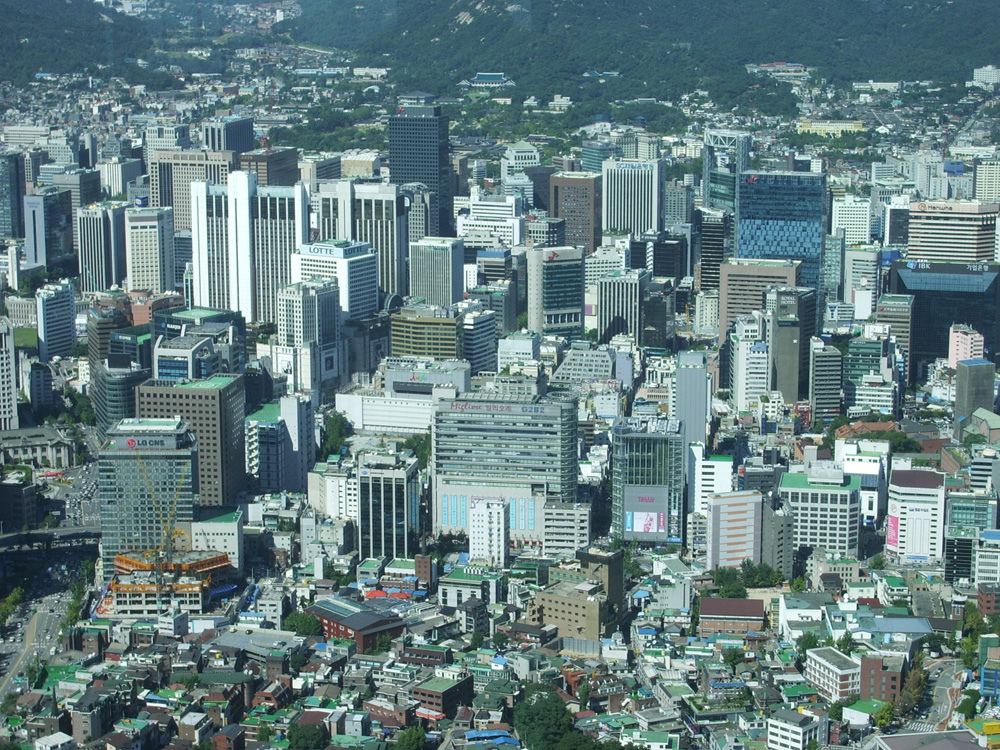The Peninsula
The Difficulty of Assimilating Defectors in South Korea
Published December 20, 2012
Category: South Korea

By Clare Hubbard
One indicator of the difficulty that North Korean defectors have in assimilating to life in South Korea is crime statistics. The crime rate among North Korean defectors in South Korea is more than twice that of the country’s overall crime rate of 4.3%. Defectors are also five times more likely to fall victim to crime. Desperate for money, defectors will commit crimes against each other, playing off the vulnerability of newly defected countrymen. The ill-gotten money is used to send to the criminals’ families in North Korea, pay back their brokers for defection costs and to create a financially stable life in South Korea. The money earned through the resettlement program at Hanawon (House of Unity) Center, along with life skills training, is not enough to create a successful transition into South Korean society for most defectors.
Two recent cases highlight defectors committing crimes against their peers:
- The 2012 Human Trafficking report states that in April of 2011, the Seoul Metropolitan Police arrested a 40-year-old North Korean female refugee who had forced 70 North Korean women into prostitution. She and others involved had paid Chinese brokers around $32,000 to bring the North Korean women who were living in China to South Korea. The woman pleaded guilty to charges related to commercial sex trade and paid a $1,800 fine.
- In October 2012, North Korean defectors were arrested on charges of using a real estate scam to con other defectors. Defectors were told that their money would be invested by a Chinese proxy because of Chinese limits on investments by foreigners. The cons showed pictures of apartments under construction in China to make the scam more believable. The pyramid scheme tactic took around $4.6 million from 155 defectors over the course of two years. Each defector was told to invest 30 million won ($25,000) and were then paid 3 million won a month later ($2,500) and told they would receive all their money back once they found other investors. Fifteen defectors were charge in the scheme. A Chinese man is also believed to have been involved.
These crimes occur because of defectors’ general lack of awareness about practices in South Korea and overseas. Many North Koreans also face prejudice from South Koreans who perceive them as socialists who are dependent, lazy and selfish. This discrimination makes it hard for North Koreans to fully integrate into South Korean society.
By law, North Koreans are automatically given South Korean
citizenship. When defectors come to South Korea they endure a month-long vetting process to check their background and make sure they are not North Korean spies. Then they are put into the two month re-education program at Hanawon, which provides defectors with social readjustment training, medical care, and counseling. Upon leaving, each North Korean adult receives a stipend of 36,960,000 won (about $35,000) with the expectation that part of it will be used as a down payment for an apartment. Also, every defector is assigned a career counselor. All of this is provided by the South Korean government. Yet, despite all this support, North Koreans still have an extremely challenging time assimilating into a South Korean lifestyle.
The overwhelming freedom that comes in a capitalist society is often too much for a defector to adapt to within the two months of training. Having lived in a totalitarian society for so long the defectors are ingrained with a set of values different from those of Koreans who grew up in a democratic environment. Language, technology and discrimination are major barriers for defectors. South Korean’s have embedded some English words into their vernacular (often called Konglish) which makes it difficult for defectors to understand. Also words associated with capitalism such as real estate and insurance are unfamiliar to defectors.
There are 29 South Korean regional support centers for defectors looking for jobs. These centers provide three weeks of training. Also, to encourage South Korean industries to hire defectors, the government subsidizes half of the defector’s monthly wages for two years. Despite aide from the government South Korean companies are reluctant to hire North Koreans because of discrimination and also from “some defector’s inability to compete with South Koreans in work ethics, habits and skills.” Defectors are known to frequently miss work and high absence rates give South Koreans the impression that defectors are undependable and lazy.
Defectors can have such unrealistically high expectations of life in South Korea that they develop in China or during readjustment training. The reality of working at a blue-collar job is often not what was anticipated and defectors will quit to create their own businesses or with the belief that they will be hired for better work. If the self-owned business fails or they are not hired at another job, maintaining a stable lifestyle can be impossible; defectors will find other ways to make money, sometimes turning to crime. Families can play crucial roles in the adjustment process, and a defector will think twice before quitting a job because they are more aware of their responsibility to others.
To better integrate North Koreans into South Korean society, the Hanawon Center should look for ways to better prepare defectors for their new lives. Also, South Koreans should be more understanding of the difficulties defectors face when being integrated into South Korea. With possible future unification, South Korea needs to come up with a better system of integrating defectors to create a foundation for a more stable and prosperous Korea.
Clare Hubbard is a former Fulbright Korea English Teaching Assistant and current intern for the Korea Economic Institute.
Photo from InSapphoWe Trust’s photostream on flickr Creative Commons.
